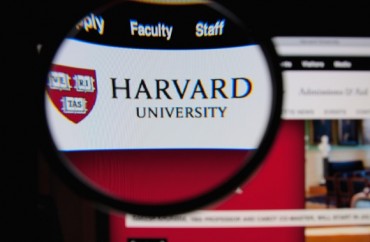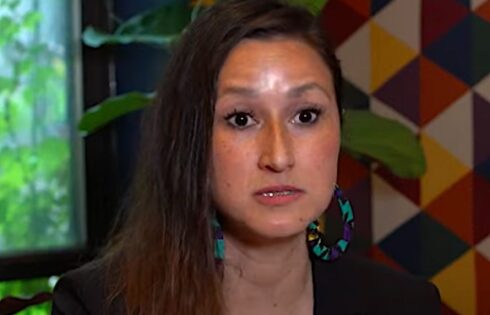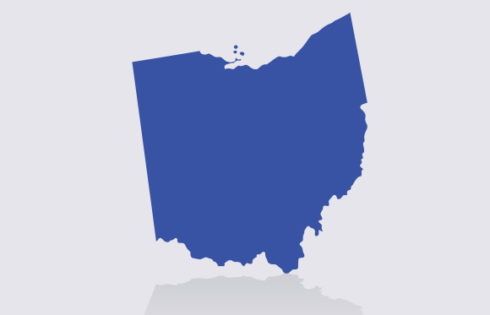
‘This should represent a major pivot towards emphasis on academic values and away from identity in appointment decisions’
Harvard University’s Faculty of Arts and Sciences will stop requiring a diversity, equity and inclusion statement as part of the hiring process and instead ask for information about how candidates contribute and serve “academic communities,” the Harvard Crimson newspaper reported Monday.
The news comes roughly one week after Harvard also announced a new institutional neutrality policy.
Deans Nina Zipser and Hopi Hoekstra made the change in response to faculty feedback voicing concern the DEI requirement was “too narrow,” according to the student newspaper.
“Instead, the FAS — the University’s largest faculty — will require a service statement about an applicant’s ‘efforts to strengthen academic communities’ and a teaching and advising statement about how an applicant will foster a ‘learning environment in which students are encouraged to ask questions and share their ideas,'” the Crimson reported.
The development at Harvard comes roughly one month after leaders of the Massachusetts Institute of Technology told faculty to discontinue the practice of requiring mandatory diversity, equity and inclusion statements in faculty hiring.
As The College Fix reported this week, scholars continue to debate the legality of diversity, equity, and inclusion requirements in hiring as some legislatures in Republican-controlled states ban the practice, such as in Florida, Texas and elsewhere, calling them ideological litmus tests that favor progressives.
In other states, such as Arizona and North Carolina, the trustees who oversee public universities have told their campuses to end the practice.
Pressure is growing on Ivy League institutions to follow suit. The Cornell Free Speech Alliance, a group of proactive alumni and others, in recent years has been doggedly lobbying the prestigious school to end the requirement, for example.
Most recently, the group showed how a Cornell University STEM job search used DEI statements to weed out a large number of candidates who did not fit a certain ideological profile, candidates who also were likely older, white and “too qualified.”
Watchdogs continue to illustrate its negative effects on meritocracy. For example, Ohio State University has prioritized DEI over merit in hiring, according to a document dump obtained by the National Association of Scholars last year.
At Harvard, ending the DEI requirement also comes one week after it announced a new institutional neutrality policy, saying leaders will refrain from issuing “official statements about public matters that do not directly affect the university’s core function.” Whether that policy is upheld remains to be seen.
In response to the news at Harvard, its former President Lawrence Summers praised the development in a post on X:
I am glad to see that Harvard’s Faculty of Arts and Science has ended the practice of requiring diversity statements and replaced them with statements on university service. I hope and trust all other schools at Harvard will follow suit.
This should represent a major pivot towards emphasis on academic values and away from identity in appointment decisions.
There is a long road ahead but with this step, a new policy on institutional neutrality, and the Corporation’s maintenance of disciplinary standards, Harvard is finding its way back towards the right core values.
MORE: Scholars debate legality of DEI hiring requirements amid bans, lawsuits
IMAGE: Shutterstock / Gil C.
Like The College Fix on Facebook / Follow us on Twitter






Please join the conversation about our stories on Facebook, Twitter, Instagram, Reddit, MeWe, Rumble, Gab, Minds and Gettr.